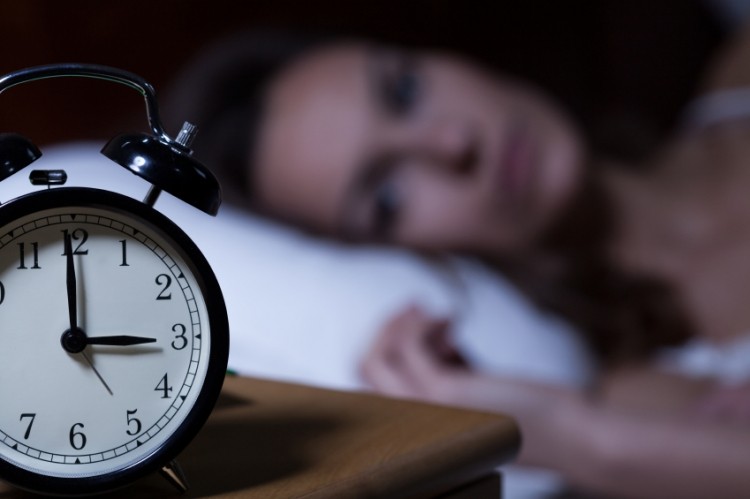Sleep health claim overused on Spanish melatonin supplements: Researchers

The investigation backed by the Spanish government looked at ten melatonin supplements marketed in Spain and seven in the US.
The researchers from the University of Seville in Spain “tentatively” identified eight amino acid (tryptophan-related) contaminants and suggested tighter impurity control in melatonin supplements was needed.
Actual and labelled content also varied and in some cases this meant an EU-approved health claim on time to sleep was being used illegally.
Melatonin is an indoleamine neurotransmitter that synchronises circadian rhythms.
It was originally considered as a neurohormone in vertebrates only but more recently it has been identified in a range of invertebrates, plants, fruit, wine, bacteria and fungi.
Counting sheep and dosages
In the EU there are two authorised health claims for melatonin: ‘Melatonin contributes to the alleviation of subjective feelings of jet lag’ and ‘Melatonin contributes to the reduction of time taken to fall asleep’.
To make the jet lag claim, foodstuffs must contain at least 0.5 mg of melatonin per quantified portion. For the sleep time claim this minimum was set at 1 mg per portion to achieve the beneficial effect.
Three of the Spanish supplements did not have the right to bear the sleep time health claim they were using on pack because the melatonin content was lower than 1 mg.
All could correctly use the jet lag claim, however.
Tighter controls needed
The researchers also used ultra-high-performance liquid chromatography and an orbitrap mass spectrometer to detect contaminants.
The tests detected tryptophan-related contaminants - in particular 1,1′-ethylidenebis (tryptophan), 2-(3-indolylmethyl)-l-tryptophan, 3-(phenylamino)alanine and 3a-hydroxy-1,2,3,3a,8,8a-hexahydropyrrolo-[2,3-b]-indole-2-carboxylic acid.
These contaminants have been “statistically associated” with the incurable and sometimes fatal flu-like neurological condition eosinophilia–myalgia syndrome (EMS) after taking l-tryptophan supplements.
Melatonin has also been reported to induce eosinophilia at a dose of 15 mg/day for four weeks in patients with cancer.
“However, it is unknown whether melatonin or its contaminants were the responsible agents. Nevertheless, a tighter control on melatonin supplements is recommended,” the researchers wrote in the Journal of Food Composition and Analysis.
Judging a supplement by its cover
Overall, four of the 17 supplements showed significant deviations from melatonin content stated on the label, ranging from 20% lower to 60% lower.
Actual or estimated amount of a nutrient or other substance may differ from that on label due to factors like how the value is calculated or estimated, the accuracy of the analysis used, variation in raw materials, the effect of processing, nutrient stability and conditions of and time in storage.
For vitamins and minerals and other bioactive substances in supplements the European Commission established a maximum low tolerance value of 20% i.e. the product must contain at least 80% of that declared.
There is no specific legislation establishing tolerance values for melatonin supplements. However, if the rules for vitamin supplements were applied, seven out of ten supplements purchased in Spain would comply with the maximum tolerance value of 20%.
However the remaining three would not, which contained between 21 and 60% less than the amount stated.
Source: Journal of Food Composition and Analysis
Published online ahead of print, doi:10.1016/j.jfca.2015.09.013
“Quality control and determination of melatonin in food supplements”
Authors: A. B. Cerezo, Á. Leal, M. A. Álvarez-Fernández, R. Hornedo-Ortega, A. M. Troncoso, M. C. García-Parrilla

















